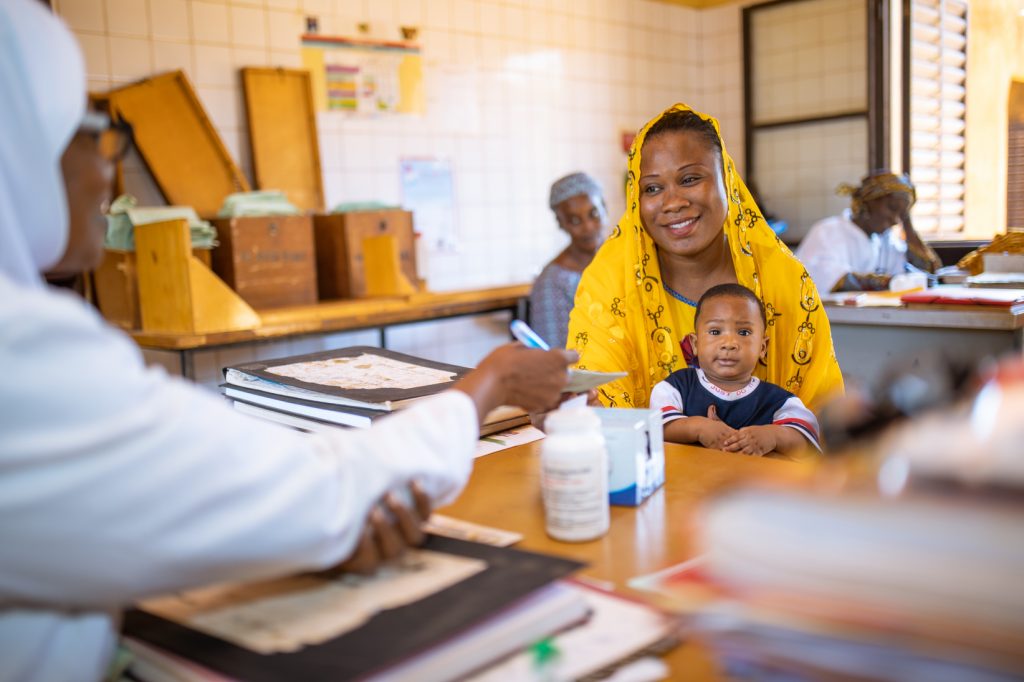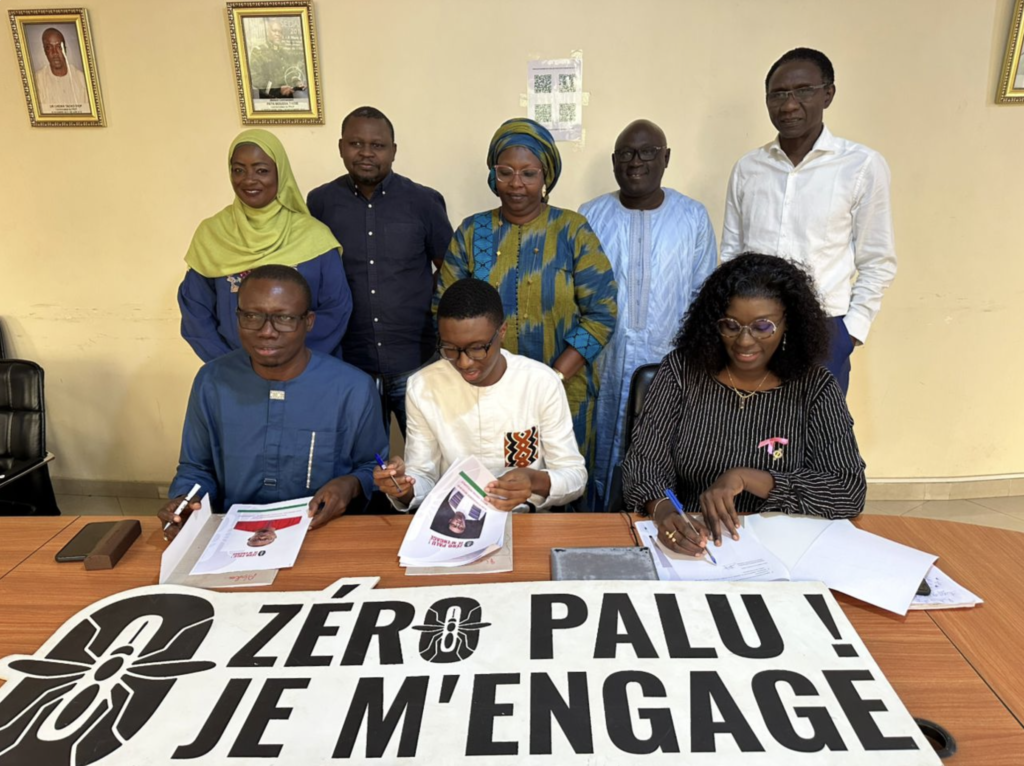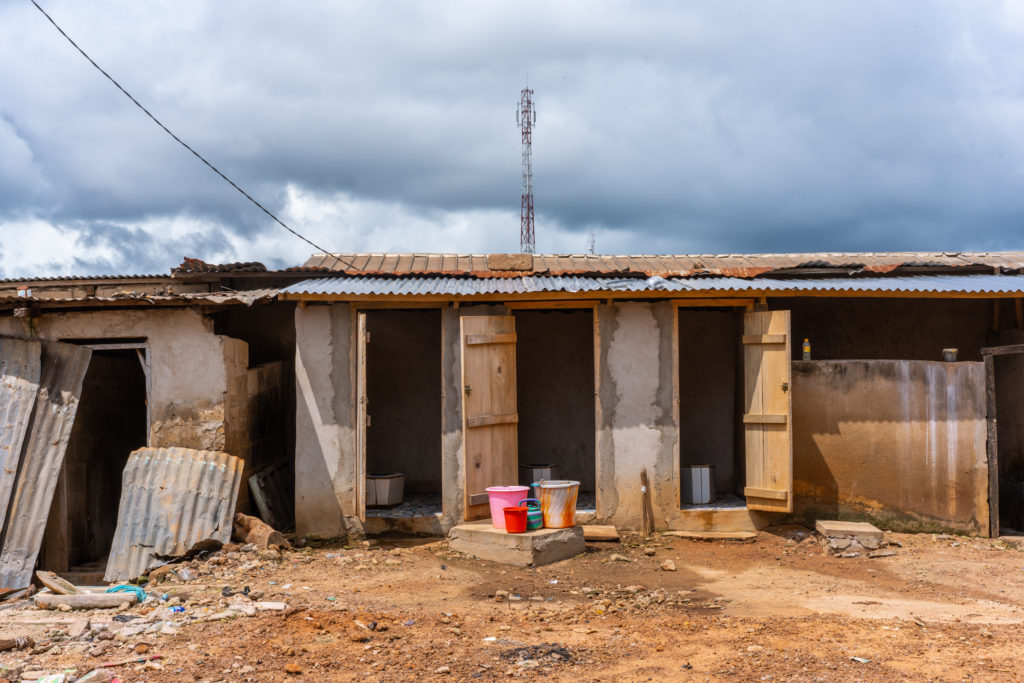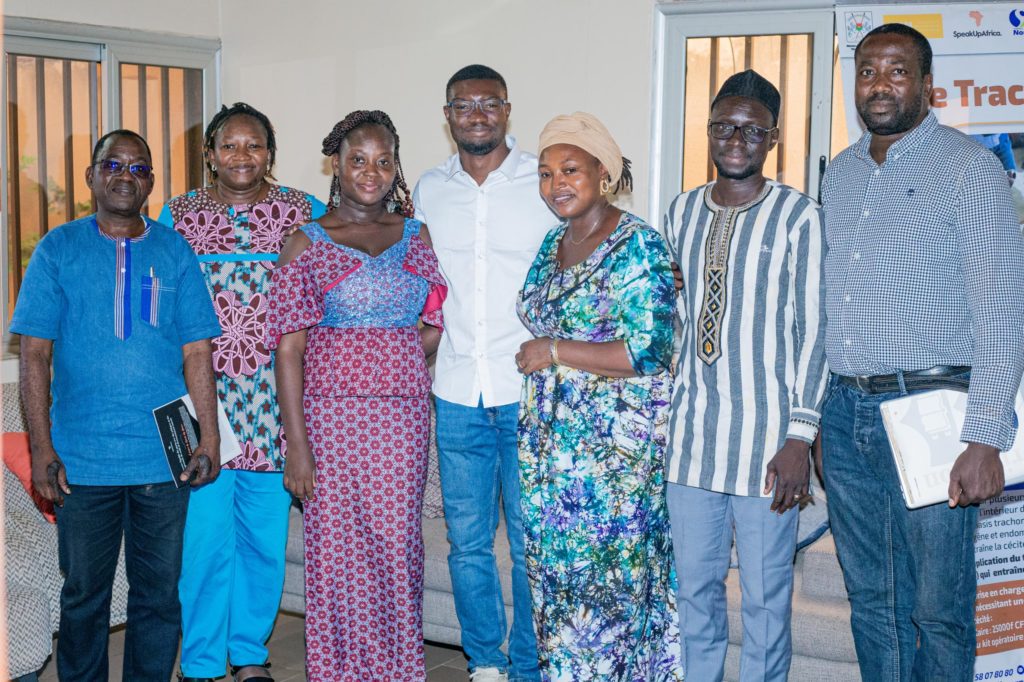Ensuring progress gained is not progress lost – Africa’s immunization journey

Around the world, routine immunization is a normal part of life – but not in Africa. The continent has undergone an incredible journey to ensure routine immunization is possible, however, despite progress, there are still millions without access to these life-saving interventions. Over the past five years, immunization coverage in sub-Saharan Africa has stalled at 72% – far from the goal of 95%.
Now, due to the COVID-19 pandemic, we are seeing a further threat to progress – with risks to supply chains and immunization programmes being completely halted. Not only will this have the potential to expose populations to vaccine-preventable diseases and outbreaks, it drives the development of countries backwards. When considering broader economic and social benefits, the return on investment for immunization was 44 times the vaccination costs. That is why Speak Up Africa continues to advocate for strong immunization programmes and pushes for their prioritization. It is our duty as Africans to do this, to ensure children have the opportunity to live healthy and happy lives.
Routine immunization is the foundation for strong, resilient health systems and universal health coverage. In fact, it is the most cost-effective health intervention known to mankind, protecting against a broad range of diseases. However, 1.5 million children under five years old around the globe continue to lose their lives each year to vaccine-preventable diseases such as meningitis and Yellow Fever. Not only will successful immunization programmes reduce disease outbreaks and deaths, but they also provide a sound foundation for national health systems and unlock healthier, more prosperous communities.
However, COVID-19 is changing our public health landscape more than many could have anticipated. We are already seeing measles immunization campaigns being delayed in 24 countries and even cancelled in 13 others. This equates to over 100 million children missing this vaccine. A safe and effective vaccine for measles has been in place for 50 years, yet we still see 140,000 children die each year. This truly reinforces that having a vaccine is not enough, it is also having access that is key.
In fact, it remains that one in five children in Africa still do not have access to the vaccines they need. Lack of service delivery in remote areas or lack of information about the effectiveness of vaccines are holding us back, which is why government-endorsed vaccination programmes are so key to ensure all communities have access to vaccines and are targeted with tailored awareness campaigns. Misinformation around the importance of vaccinations and their benefits is also unfortunately rife. This misinformation, by suggesting that a person should not receive a vaccination, can kill. That is why we urge countries to safeguard immunization programmes to continue to deliver lifesaving vaccines, particularly during the COVID-19 pandemic.
It was for this crucial reason that we launched the Stay Safe Africa, a campaign that aims to not only empower communities and individuals to take simple and proven preventive measures to help stop the spread of COVID-19, but also maintain attention on the importance of immunization programmes during the pandemic. Not only does COVID-19 impact the lives of all in Africa, by disrupting immunization, but it will impact the lives of countless more if we do nothing about it. With the continued prioritization of national governments and the appropriate funding, immunization programmes can, and should, reach all corners of a country.
Today only 12 African countries fund more than 50% of their national immunization programmes. In order to speed up progress, it is now crucial that domestic investments increase, and governments prioritize immunization programmes. Although COVID-19 has led to the suspension of current vaccine programmes, there will be a need for “catch-up” campaigns, to identify those who missed their immunizations as well as re-establishing community demand. The campaigns require an equal amount of support and vigour. Without the engagement of African political leaders and stepped up funding from the highest levels, we will not achieve our 2030 Sustainable Development Goals.
This World Vaccination Week, I call on all members of society to join me in celebrating and championing this feat of modern medicine. We already know the importance of vaccinations; we have benefitted from them already for many decades now. However, now more than ever, we cannot be complacent in our attitude to public health. Vaccines can, and will, save lives, with benefits so far reaching and immense that we cannot stop now. Although campaigns can be paused, this cannot be a reason for progress to reverse. We must come together, ensure this remains top of the agenda and accelerate progress on our journey towards universal immunization coverage.
By Fara Ndiaye, Deputy Executive Director of Speak Up Africa


